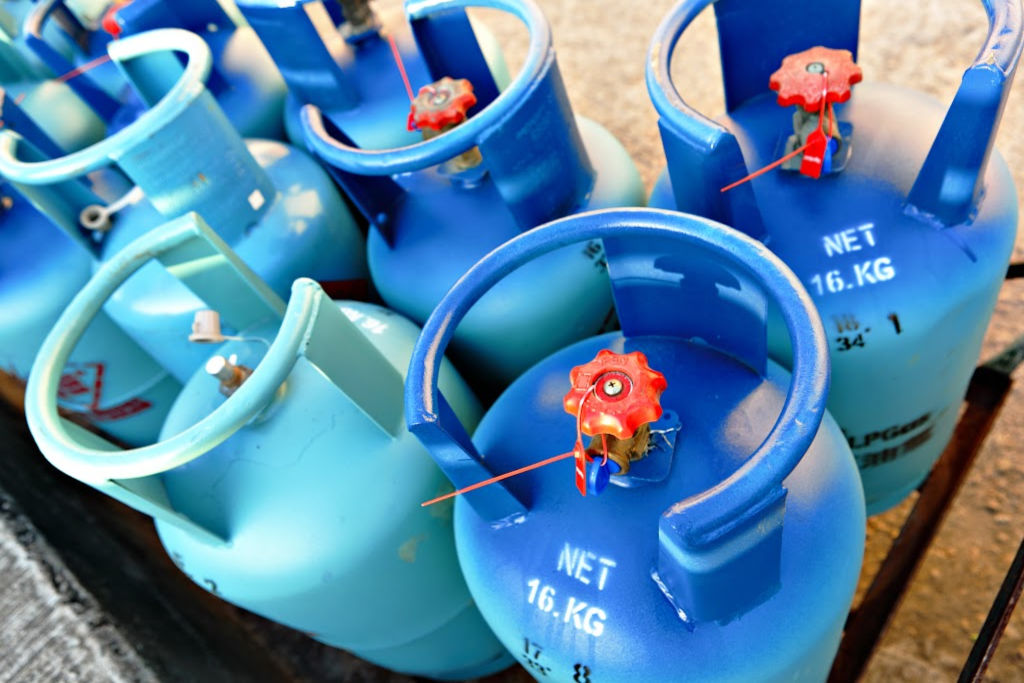France remains the leading advocate of nuclear power. But the country has recently been forced to shut down half its nuclear reactors for maintenance, a process impacted by a flu pandemic and low river water levels. Moreover, opposition to nuclear power in Germany is fierce. Two nuclear power stations that were due to shut down at the end of the year will now remain on standby until April.
EUROPE’S UNWILLINGNESS TO PARTNER WITH THE UNITED STATES
U.S. officials are losing patience as Europe continues to invest heavily in China. They don’t appreciate European attempts to push back against China. Nevertheless, President Biden wants to see some cooperation from Europe. The Europeans and the United States have agreed that China is the greatest geopolitical threat of the 21st century.
The European Union is in a dangerous position. The EU is lacking in bureaucratic, strategic, and political structures. As such, it lacks the ability to work with the United States and other allies to solve key problems. This is a dangerous situation and should be dealt with immediately.

The United States has been playing its hand with Europe for years. It has used its influence to mobilize the EU’s most dependent members to thwart European efforts.
SHORT-SIGHTED ENERGY POLICIES
Short-sighted energy policies are at the heart of Europe’s power crisis. Despite the European Union’s commitment to climate action, the EU has not yet done enough to reduce its dependence on oil and gas from Russia. The European Parliament, for example, is trying to reinvent nuclear and gas projects as green investments even as the EU is facing an energy crisis.
The misplaced priorities of Brussels have already led to energy shortages that have devastated working-class people and aggravated social tensions. But instead of fixing the problem by tackling the root causes, Brussels is trying to make it worse by limiting transportation options. Its plan to ban carbon-fueled cars would only make Europeans more dependent on China. Moreover, China is rapidly buying up lithium reserves in Latin America and Africa.

While governments are concerned about vulnerable consumers, lowering energy prices will not solve the real problem – gas shortages. Lower prices reduce the incentive for people to conserve energy. So governments need to increase the incentive for people to cut their energy usage.
RUSSIA’S RELUCTANCE TO DIVERSIFY THE NATURAL GAS SUPPLY
The power crisis in Europe is getting out of control and Russia’s reluctance to develop alternative sources of natural gas is a major problem. The European Union depends primarily on Russian gas, but its growing economy and booming China could force Russia to diversify its supply. By diversifying its customer base, the EU will have more control over the price of Russian gas.
The EU can counter this by promoting the diversification of gas and electricity sources. Diversification can come in the form of pipelines, LNG, and alternative power generation methods. It can also include the development of efficiency, which helps cut energy dependency.

The EU has agreed to rely on renewable energy sources for its electricity generation and is considering the phaseout of nuclear power. However, the cost of renewable alternatives will be much higher than that of nuclear power. As a result, politicians will continue to look for cheap sources of energy. While Russian gas may look attractive in the near term, it should not be considered a viable alternative for Europeans until they can develop alternative energy sources that are affordable and secure.
ITALY’S COMMITMENT TO CUT NATURAL GAS CONSUMPTION
The Italian government is trying to curb its gas consumption by turning down the heat in its homes and businesses. Before the conflict in Ukraine, the country got around 40% of its gas from Russia, but it has since found alternative suppliers and reduced its dependence on Moscow. By the end of next year, the country plans to cut its gas consumption by 3.2 billion cubic meters and use alternative fuel sources to compensate for lost gas. The government also plans to increase output from existing oil and coal-fired power plants.

Italy is not alone in cutting its gas consumption. The European Union has made a commitment to cut its gas consumption by 15%, but if the situation gets worse, a mandatory cut could be imposed.

Leave a Reply